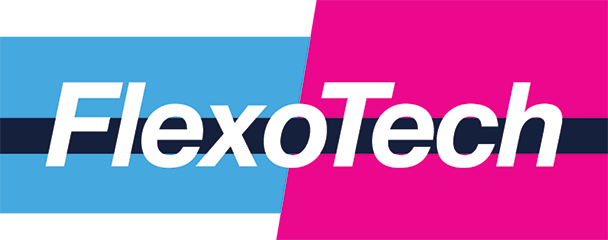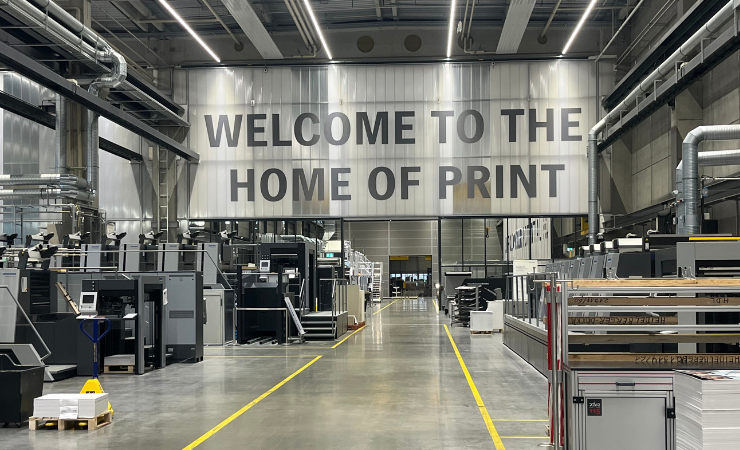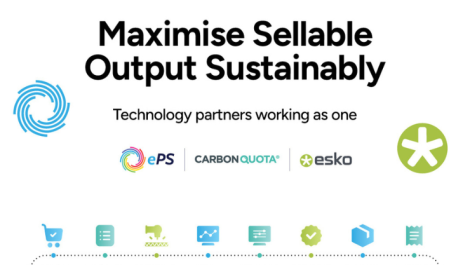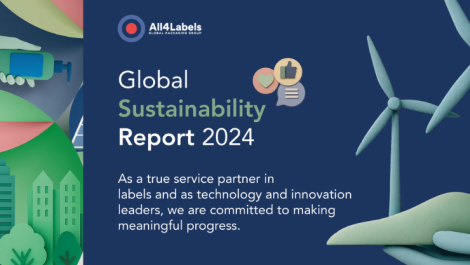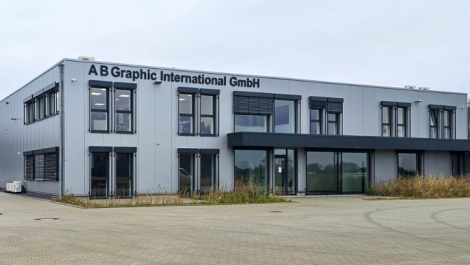Heidelberg will host a new international summit, Shift 2025, this September, aimed at helping print shops navigate the ongoing digital transformation of the printing industry. The two-day event will take place on September 16 at halle02 in Heidelberg and continue on September 17 at the company’s Print Media Center in Wiesloch-Walldorf.
Designed for managers and professionals from commercial, packaging, and label printing companies, Shift 2025 will focus on practical strategies for implementing digitalisation and automation in business and production processes. The event will feature presentations, workshops, and demonstrations addressing key challenges facing the industry, including labour shortages, increasing short-run jobs, and rising operational costs.
Christopher Berti, head of digital ecosystem at Heidelberg, said the summit will bring together digitalisation experts to share knowledge and experiences. “We will be offering participants a unique platform to compare notes on the challenges and how to go about the digital transformation of business and production processes,” he explained.
Day one of the summit will centre on real-world case studies. Industry leaders will present projects they’ve implemented at their own companies, covering objectives, obstacles, and outcomes. The goal is to provide attendees with actionable insights into how automation and digital workflows can improve efficiency and competitiveness.
“Automation is becoming all the more important for the competitiveness of print shops as print runs shrink, the volume of small jobs grows, staff shortages increase, and personnel costs rise ever higher,” commented Dr. David Schmedding, chief technology and sales officer at Heidelberg. “In this situation, attention is focusing on hybrid print production with an automated and increasingly AI-driven workflow.”
On the second day, participants will visit Heidelberg’s newly opened 9000sqm “Home of Print” at its Wiesloch-Walldorf site. Attendees will have the opportunity to explore Heidelberg’s full range of offset, digital, and flexographic printing technologies, as well as its software solutions designed to support end-to-end automation.
A central theme of the second day will be hybrid workflow environments that integrate both digital and offset printing. Workshops will allow visitors to tailor their learning experience to specific areas of interest. The role of artificial intelligence (AI) in print production will also be highlighted, including Heidelberg’s Prinect Touch Free software, which uses AI to optimise job scheduling and output decisions.
